RESEARCH TEAM
HOME / RESEARCH TEAM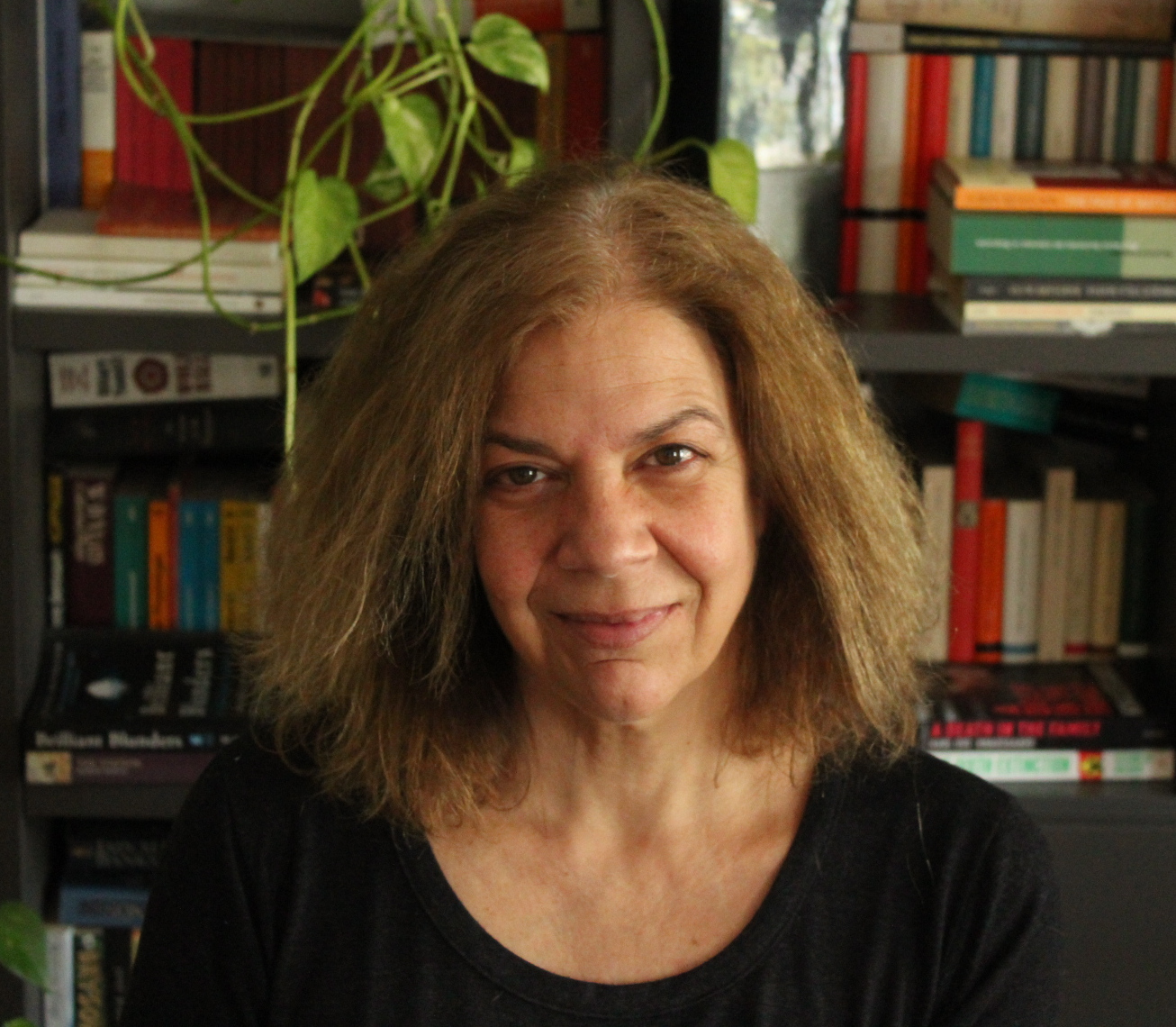
Elena Anagnostopoulou
Principal Investigator
Elena Anagnostopoulou obtained her Ph.D. in Linguistics from the University of Salzburg in 1994. After a post-doc at MIT (1997-1998), where she returned in 2007 as a Visiting Associate Professor, she took a position at the University of Crete in 1998, where she is currently Professor of Theoretical Linguistics. Her research interests lie in theoretical and comparative syntax, formal linguistic typology, morphology and historical morphosyntax, with special focus on the interfaces between syntax, morphology, and the lexicon, argument alternations, Case, Agreement, person, gender, clitics, control and anaphora. In 2013 she received a Friedrich Wilhelm Bessel Research Award by the Alexander von Humboldt Foundation, Germany, in recognition of her past accomplishments in research and teaching. Since 2019 she is elected member of Academia Europaea. She is the author of The Syntax of Ditransitives. Evidence from Clitics (Mouton de Gruyter 2003), co-author of External Arguments in Transitivity Alternations. A Layering Approach (Oxford University Press 2015), has co-edited several collective volumes. She has published in journals (Natural Language and Linguistic Theory, Linguistic Inquiry, Language, Syntax, The Journal of Comparative Germanic Linguistics, among others) as well as in edited volumes and conference proceedings. She is Co-editor in the Series Open Generative Syntax. Language Science Press and member of the editorial board of the journals Journal of Greek Linguistics, Linguistic Inquiry and Syntax. She was international Co-Investigator in the AHRC-funded project "Investigating variation and change: Case in Diachrony" (PI: Christina Sevdali) at the University of Ulster (2017-2019). She is PI of the UCrete-funded project "Using tools from Evolutionary Biology to reveal relationships among languages” (2019-2023) in collaboration with Manolis Ladoukakis (Department of Biology) and of the H.F.R.I- funded project “Modeling Glossogeny.” (2019-2022; in collaboration with Manolis Ladoukakis and Dimitris Michelioudakis, AUTH).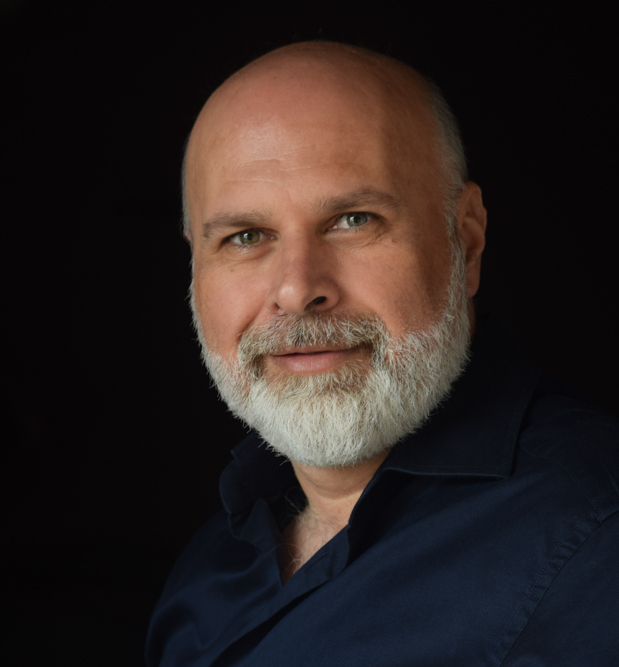
Manolis Ladoukakis
Research team member
Manolis Ladoukakis received his Bachelor in Biology from the Aristotle University of Thessaloniki, Department of Biology and his M.Sc. in Marine Biology from the Department of Biology, University of Crete, Greece. He received his Ph.D. from the same Department. He worked as a Marie Curie Post-doctoral fellow at the Centre for the Study of Evolution, University of Sussex, UK, and as a visiting Lecturer at the School of Life Sciences, University of Sussex, UK. He was elected in 2007 as a Lecturer at the Department of Biology, University of Crete, Greece, where he is currently an Associate Professor. In 2015 he worked at the Department of Ecology and Evolutionary Biology, Brown University, RI, USA as a Fulbright fellow. He teaches the “Evolution” and the “Molecular Evolution” courses at the Department of Biology, and he participates in other undergraduate and postgraduate courses. His research interests regard the evolution of the inheritance and recombination of mitochondrial DNA and the co-evolution of nuclear and mitochondrial genomes. He is also interested in the factors that determine the structure of microbial communities. Further, he works on the extension of the evolutionary theory in other evolvable systems beyond organisms, such as microbial communities (in collaboration with ecologists) and languages (in collaboration with linguists). His research has been published in several journals such as Molecular Biology and Evolution, PLoS Biology, Trends in Ecology and Evolution, Molecular Ecology and others. He has participated in several research projects. He is a collaborator in the UCrete-funded project "Using tools from Evolutionary Biology to reveal relationships among languages” (2019-2023) with Elena Anagnostopoulou (Department of Philology, Division of Linguistics) and in the H.F.R.I- funded project “Modeling Glossogeny.” (2019- 2022; in collaboration with Elena Anagnostopoulou (PI) and Dimitris Michelioudakis, AUTH).
Dimitris Michelioudakis
Research team member
Dimitris Michelioudakis studied classics and linguistics at the University of Athens (BA 2005) and theoretical linguistics at the University of Cambridge (MPhil 2007, PhD 2012). He was teaching and research assistant at Cambridge (2010-2013), where he taught introductory and intermediate courses in theoretical linguistics, syntax, semantics and typology, and postdoctoral research associate at the University of York (2013-2018), where he taught intermediate and advanced courses in comparative and diachronic syntax, the syntax-semantics interface and syntactic typology. Since 2019, he is an Assistant Professor of General Linguistics at the Aristotle University of Thessaloniki. He specialises in the syntax of Greek and its dialects, syntactic change, comparative syntax and its interfaces with semantics (mainly argument and event structure), pragmatics and morphology (compounding and case). His research interests also include syntax- based phylogenetics and the use of syntactic parameters to probe genetic relatedness and the intensity of language contact. In 2015, he conducted fieldwork on two South American languages in Brazil, as part of his British Council-funded Researcher Links project. He has participated in international conferences and published a number of book chapters in edited volumes, conference proceedings, and articles in journals such as Natural Language and Linguistic Theory, The Linguistic Review, Rivista di Grammatica Generativa, and Glossa. Since December 2019, he is part of the research team of the HFRI- funded project “Modeling Glossogeny” alongside Elena Anagnostopoulou (PI, Department of Philology, Division of Linguistics, University of Crete) and Manolis Ladoukakis (Department of Biology, University of Crete).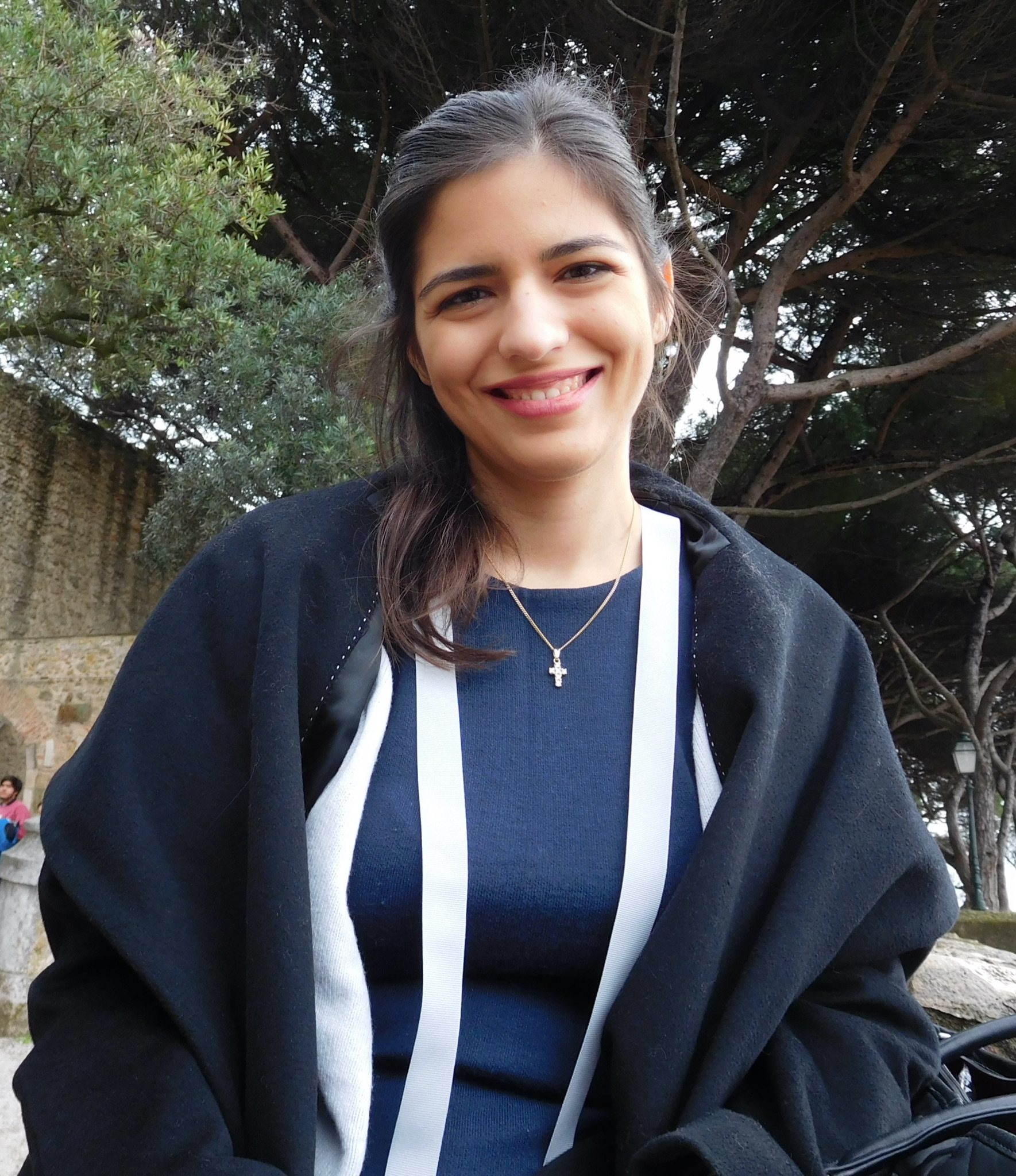
Maria-Margarita Makri
Postdoctoral Researcher
Maria-Margarita Makri has a degree in Philology with specialisation in linguistics from the University of Athens (2011) and completed her postgraduate studies at the University of Cambridge (MPhil 2011) and the University of York (MA by Research 2014, PhD 2019) with funding from the ESRC and the A.G.Leventis Foundation. She has taught undergraduate courses in linguistics at the department of Language and Linguistic Science of the University of York, the department of Pedagogy of the University of the Aegean and the postgraduate programmes of the School of Humanities of the latter. In 2019 she joined the Department of Mediterranean Studies at the University of the Aegean as a postdoctoral researcher and her project “Degree constructions in Standard Modern Greek and its Dialects” is funded by the Greek State Scholarships Foundation. In March 2021 she joined as a postdoctoral researcher the ModelGloss project at the University of Crete, which is funded by the HFRI. Her research interests lie in comparative syntax, semantics, language acquisition and experimental linguistics. She has presented her research in international conferences and seminars (GLOW, NELS, SuB, GALA, LAGB, MIT LingLunch, MIT LFRG, Cambridge Syntax Lab a.o.) and published in international journals (Glossa, Rivista di Grammatica Generativa) and conference proceedings.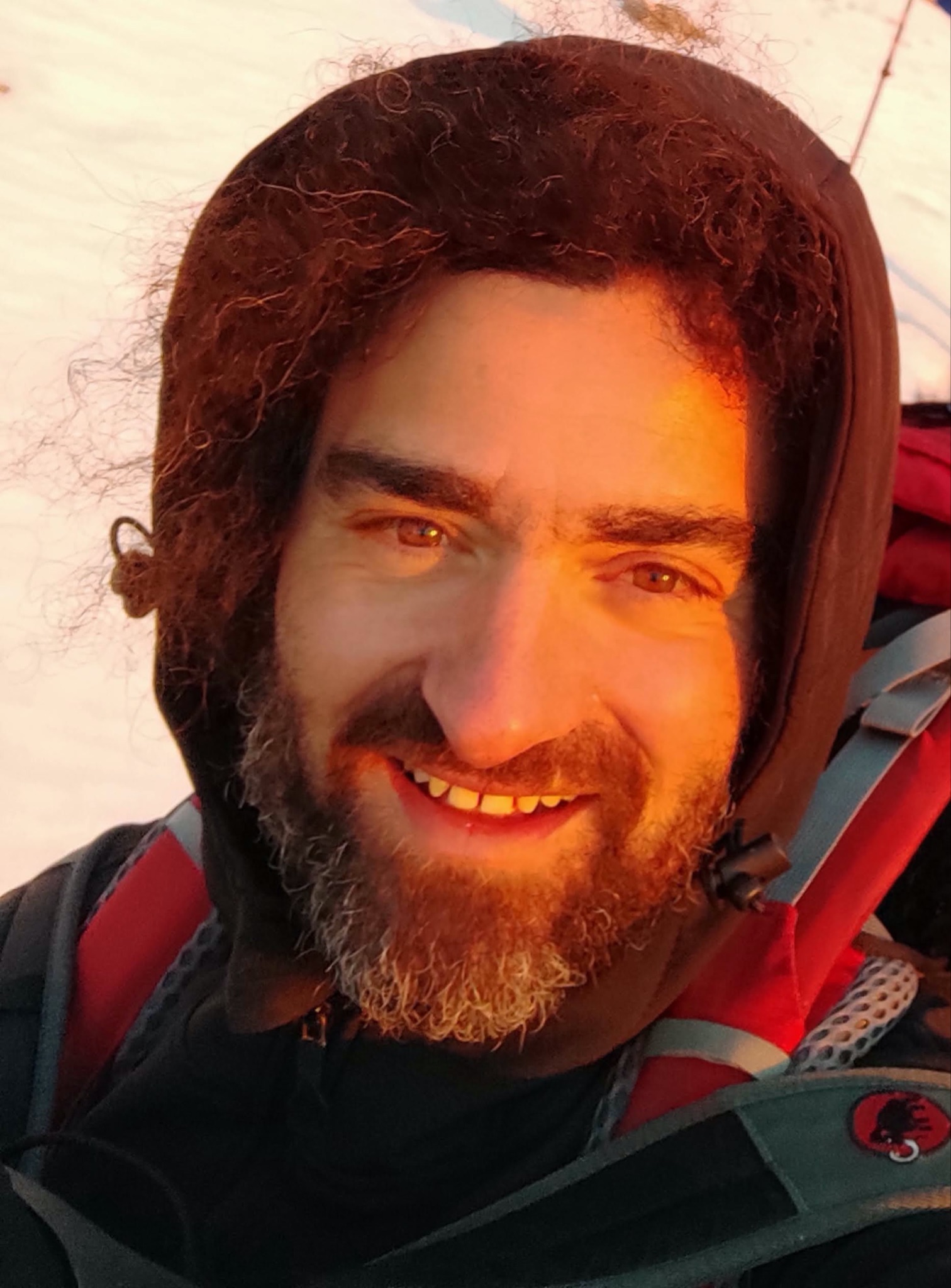
Pavlos Pavlidis
External Collaborator
Pavlos Pavlidis has received his PhD from the University of Munich in the lab of Prof. Wolfgang Stephan. He worked on population genomics of natural populations of Drosophila, disentangling adaptation from stochastic non-adaptive processes such as random genetic drift. Following graduation, he worked with Prof. Alexandros Stamatakis at HITS, Heidelberg, developing and optimizing algorithms for whole- genome analysis.His current research interests are related to population genomics and bioinformatics. He is interested in the evolution of gene regulatory networks by means of drift and positive selection, the co-evolution between different loci, the spatial coalescent and the connections between evolution and the 3D structure of DNA. Furthermore, he is conducting research on the analysis of microarray data focusing on gene expression regulation.
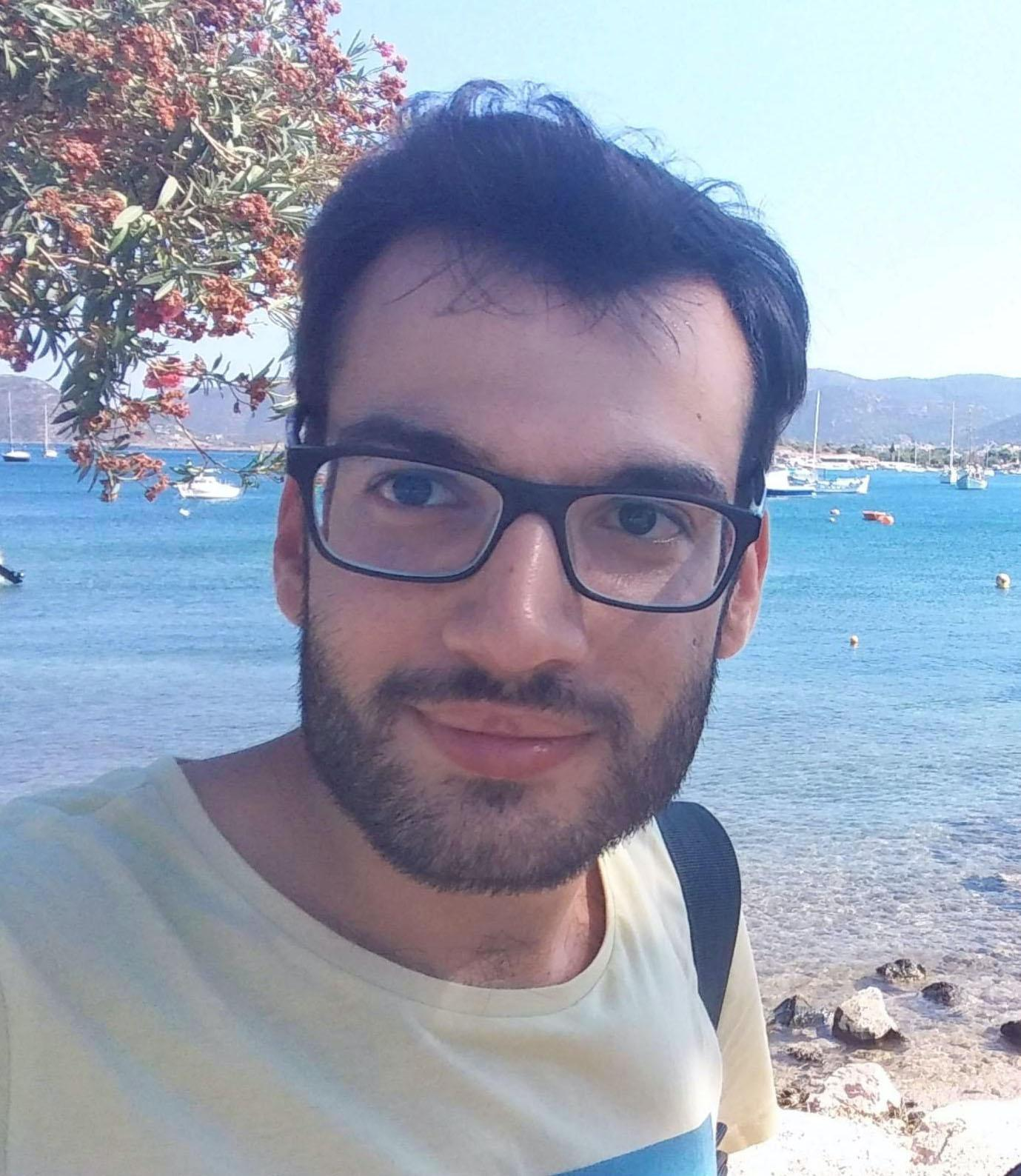
Athanasios Michael Ramadanidis
Collaborating Researcher
Athanasios Michail Ramadanidis is a PhD candidate in Theoretical Linguistics at the University of Crete since 2018. He studied Linguistics and Romance Studies at the University of Vienna, where he received his Master's degree in 2017. His research interests focus on theoretical syntax, morphology, compositional semantics, and their interface, adpositions, Case, and spatial expressions. His doctoral research "On the Hierarchy of Case and Adpositions in Synchrony and Diachrony" is funded by the Hellenic Foundation for Research and Innovation (HFRI, 2019–2022) and is supervised by Prof. Elena Anagnostopoulou (principal advisor), Prof. Winfried Lechner (National and Kapodistrian University of Athens), and Prof. Susanne Wurmbrand (University of Vienna / Harvard). Since 2019 he has been collaborating with Prof. Elena Anagnostopoulou and Assoc. Prof. Manolis Ladoukakis on the research project "Using tools from Evolutionary Biology to reveal relationships among languages" (2019–2023) which is funded by the University of Crete and as a volunteer external collaborator on the project "Modelling Glossogeny" funded by HFRI (2019–2022). Athanasios Michail Ramadanidis is also a musician and a graduate in Piano Performance from the Department of Music Science and Art of the University of Macedonia.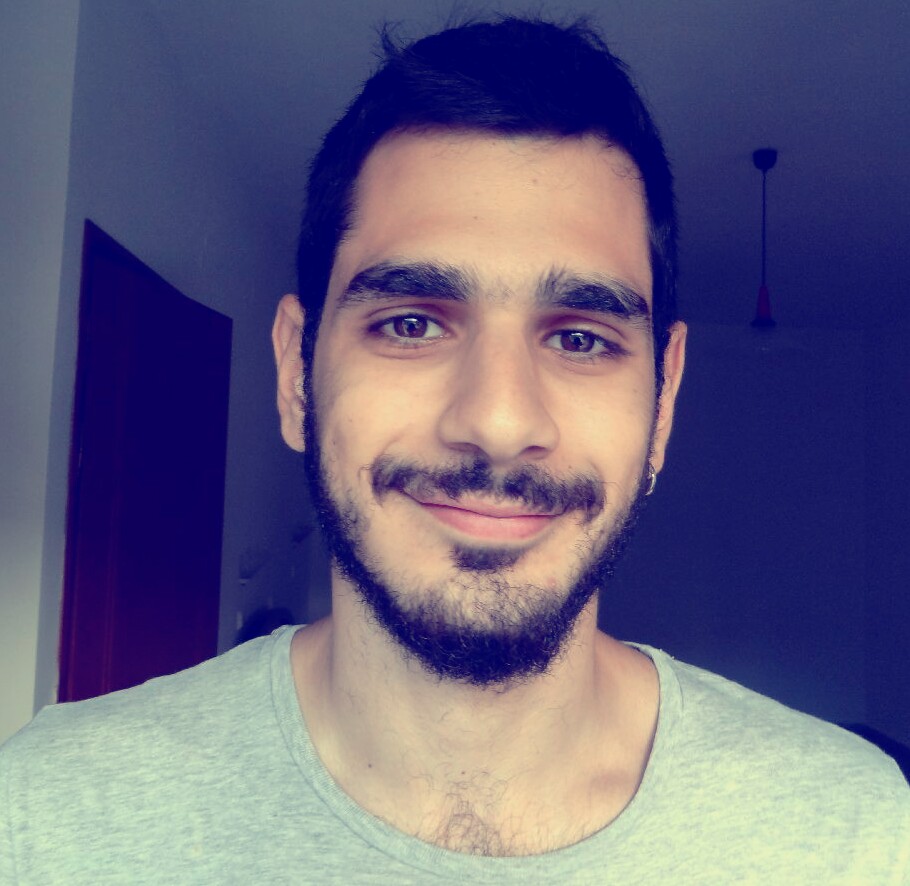
Christos Zioutis
External Collaborator
Christos Zioutis studied Biology at the University of Crete (2009-2013). He has been granted a scholarship and graduated from the graduate programme “Molecular Biology and Biomedicine”, jointly ran by the Departments of Biology and Medicine, University of Crete and The Institute of Molecular Biology and Biotechnology (IMBB) of the Foundation for Research and Technology Hellas (FORTH) (2013-2015). In his graduate studies, he worked on the inference of positive selection and demography in the human gut microbiome, under the supervision of Dr. Pavlos Pavlidis. He is currently a PhD candidate (2015-2022) at the Centre for Microbiology and Environmental Systems Science, at the University of Vienna, supervised by Univ- Prof. Dr. David Berry and his PhD research is focused on evolution in ecologically meaningful timescales, by studying the polysaccharide degraders of the human gut microbiota. His work is a combination of experimental evolution in germ-free mice and NGS technologies. His main scientific interest is the evolution and dynamics of biological systems - mainly of microorganisms and microbial communities.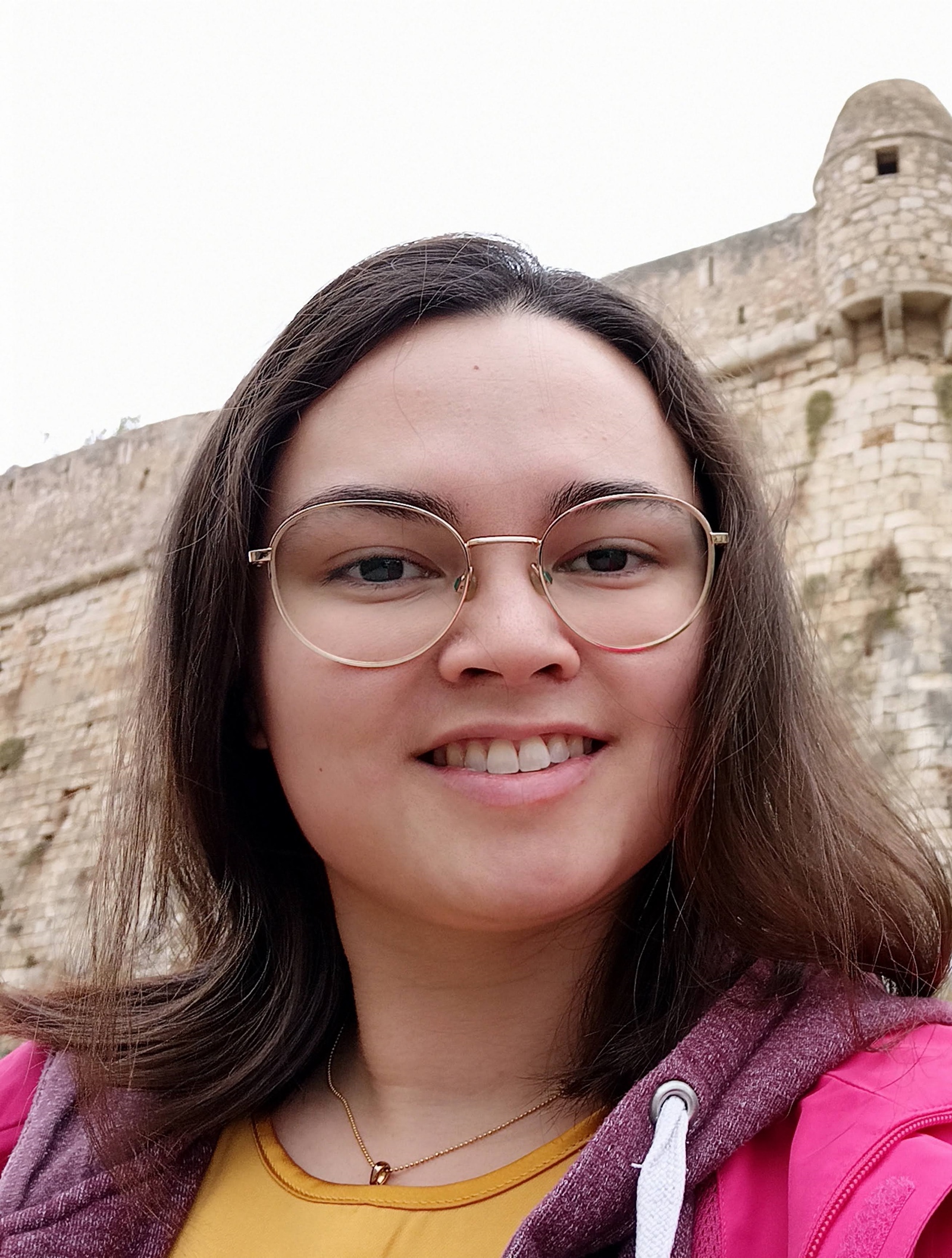
Ruby Sleeman
Research Assistant
Ruby Sleeman is a PhD candidate in General Linguistics at Goethe University Frankfurt, Germany, since 2017. Her doctoral research “The syntax of ordinals” in the project “Nominal Modification”, funded by the German national research foundation DFG, focuses on the differences in morphosyntax between Dutch and German expressions containing ordinal numerals and superlative adjectives (“the second-highest mountain”). Her main research interests include morphosyntax (minimalism/generative syntax), specifically of the nominal domain; numeral expressions, language variation and change, corpus linguistics, and the interaction between syntax and semantics. She obtained her Research MA in Linguistics from Leiden University, the Netherlands (2017). During her MA studies in Leiden, she was a teaching assistant and additionally worked as a research assistant on the project “Language and Number” in Amsterdam, building a crosslinguistic typological database of morphosyntactic variation in numeral expressions (funded by the Dutch national research foundation NWO). In April 2022 Ruby Sleeman joined the interdisciplinary research project “Modeling Glossogeny” funded by the HFRI as a Research Assistant. She has presented her research in various international conferences and workshops (SLE, SinFonIJA, IGG, ATINER, DeMiNeS Masterclass, a.o.)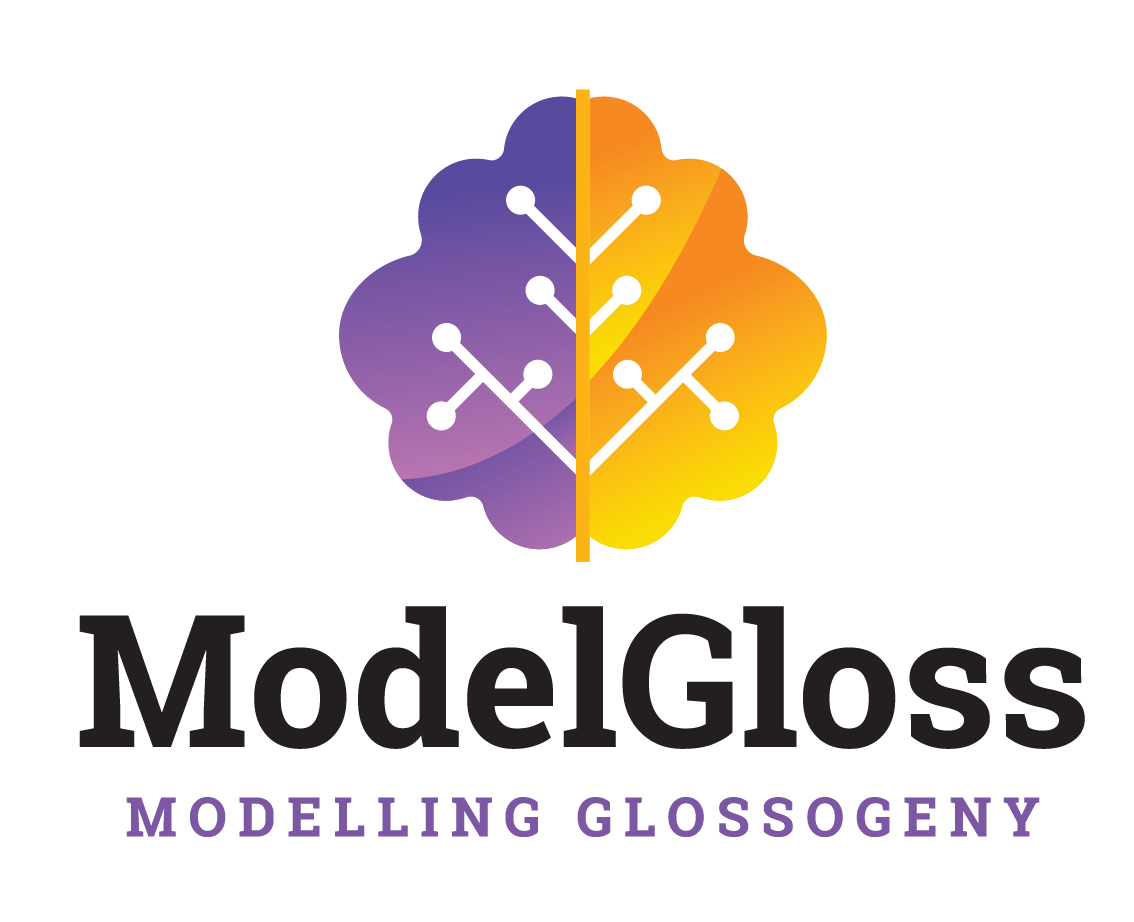
Useful links
https://wals.infohttps://terraling.com
https://asjp.clld.org
https://www.ethnologue.com
https://diacl.ht.lu.se/
https://d-place.org/
https://d-place.org/phylogenys
People, funds and people network photos were designed by pressfoto, Daboost and BianCoblue - www.freepik.com
Contact
University of CreteDepartment of Philology
Division of Linguistics
Τ (+30) 2831 077277
University of Crete
Department of Biology
Τ (+30) 2810 394067
modelgloss.project@gmail.com
